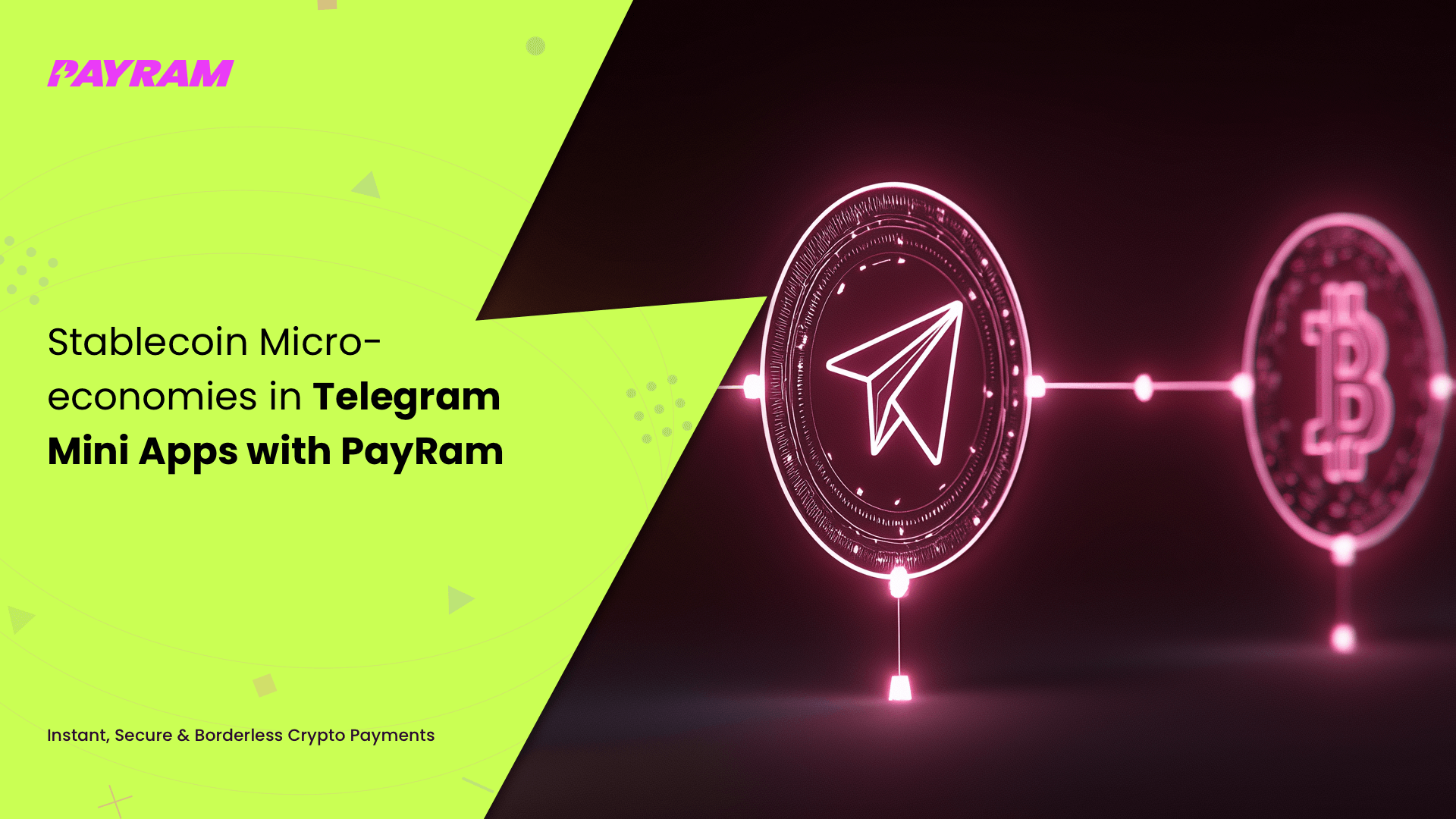Seed Phrases & HD Wallets Demystified: Secure Multi-Crypto Management
Alice and Bob are new to crypto. They both create wallets but notice something curious—Alice can generate multiple Bitcoin and Ethereum addresses from a single seed phrase, while Bob, who isn’t using a modern wallet, has to manually save every private key for each address.
Alice wonders “How is my wallet able to create unlimited addresses while Bob has to manage each one separately?”
The answer lies in Hierarchical Deterministic (HD) wallets—a system that allows a single seed phrase to generate infinite unique addresses across multiple blockchains. This ensures security, recoverability, and ease of use.
Let’s break down how this works and why it’s essential for anyone managing crypto.
What is a Seed Phrase?
A seed phrase (or mnemonic phrase) is a set of 12 or 24 words that act as the root key to your wallet. It’s the only thing you need to recover all your funds, as it contains all the information required to generate:
- Your private key (which controls access to funds). Understanding the importance of private keys is crucial for crypto security.
- Your public addresses (which receive funds).
Using a deterministic structure, the same seed phrase will always generate the same addresses, no matter which wallet software you use. For guidance on selecting secure wallets, see our article on the top crypto wallets for iGaming and other uses.
What is a Hierarchical Deterministic (HD) Wallet?
Most modern wallets follow the Hierarchical Deterministic (HD) wallet structure, as defined in BIP-32 and BIP-44. This system allows wallets to derive multiple unique child addresses from a single parent seed phrase in a structured manner.
How do Hierarchical Deterministic Wallets work?
- The seed phrase generates a Master Private Key.
- From this private key, a Master Public Key is derived.
- The wallet then creates child keys (addresses) in a structured manner.
Each new address is generated using a mathematical function that ensures:
- They are unique (no two wallets generate the same addresses).
- They are deterministic (given the same seed phrase, the same addresses will always be created).
Generating Multiple Addresses For Users Across Blockchains
When a wallet creates multiple addresses, it follows a structured format defined by BIP-44. The format looks like this:
<m / purpose' / coin_type' / account' / change / address_index>
Where,
- m → Master key
- purpose' → Standard (like BIP-44)
- coin_type' → Defines the blockchain (BTC = 0, ETH = 60, etc.)
- account' → Different accounts inside the wallet
- change → 0 for external (receiving) addresses, 1 for change addresses
- address_index → The specific child address number
For example,
- Bitcoin address #1: m/44'/0'/0'/0/0
- Ethereum address #1: m/44'/60'/0'/0/0
- Solana address #1: m/44'/501'/0'/0/0
This means every network has its own path to generate unique addresses while still being linked to the same seed phrase.
Many platforms, such as exchanges and non-custodial wallets, use HD wallets to assign unique addresses to each user. Here’s how:
The platform’s master seed can generate an infinite number of addresses.
Each user gets a unique child address, based on a different address_index.
Example:
- User 1’s Address: m/44'/60'/0'/0/1
- User 2’s Address: m/44'/60'/0'/0/2
- User 3’s Address: m/44'/60'/0'/0/3
This capability is fundamental for systems like PayRam's self-hosted crypto payment processor, which might need to manage numerous addresses efficiently.

Key Benefits of Hierarchical Deterministic Wallets
- Security: A single seed phrase can be used to restore all funds without managing multiple private keys. This is a core principle in enhancing crypto security with solutions like multi-sig fortresses.
- Flexibility: You can generate new addresses on demand while keeping full control over previous ones.
- Privacy: Some wallets automatically generate new addresses for each transaction to enhance privacy. Learn more about anonymous Bitcoin payment processors and safeguarding privacy.
- Multi-Blockchain Support: Using one seed phrase, you can manage addresses on Bitcoin, Ethereum, Tron, Solana, and other networks without needing multiple wallets.
So, next time you see your wallet generating a new address, remember—it’s all coming from the same master key, just following a structured path!


.svg)










.svg)